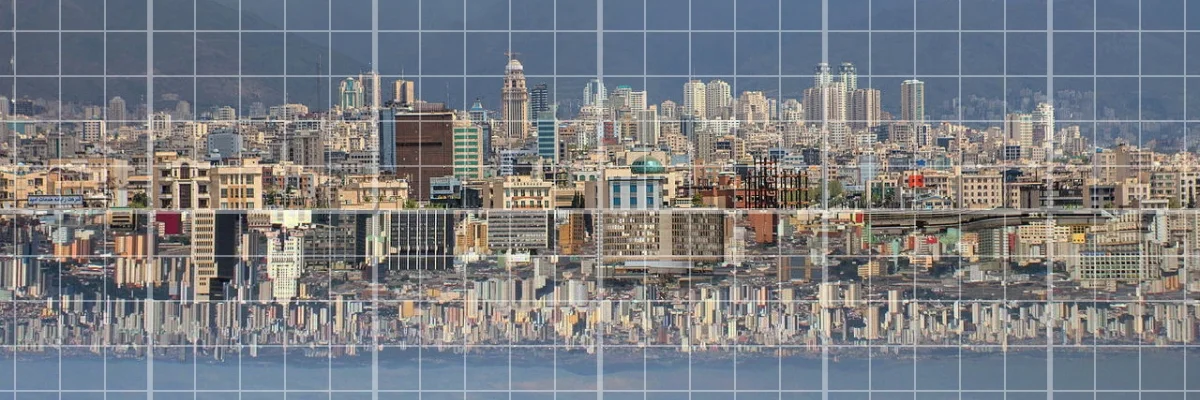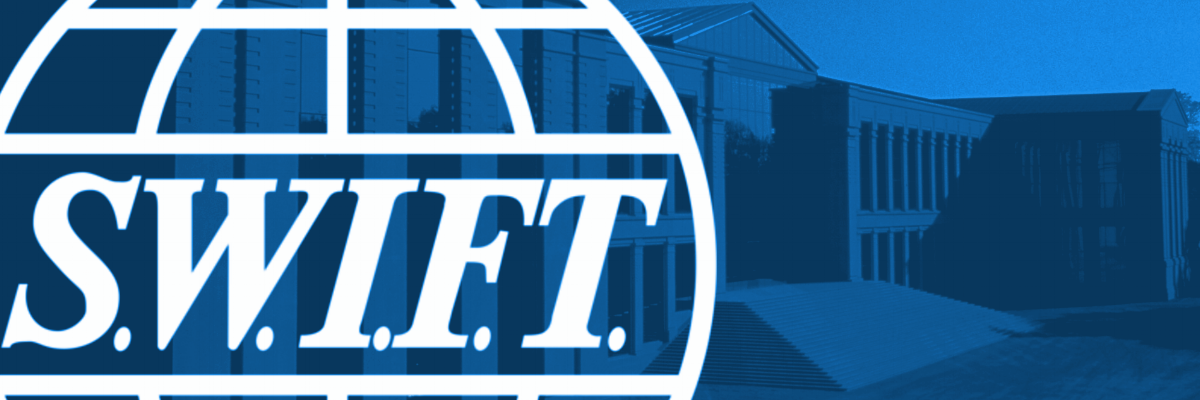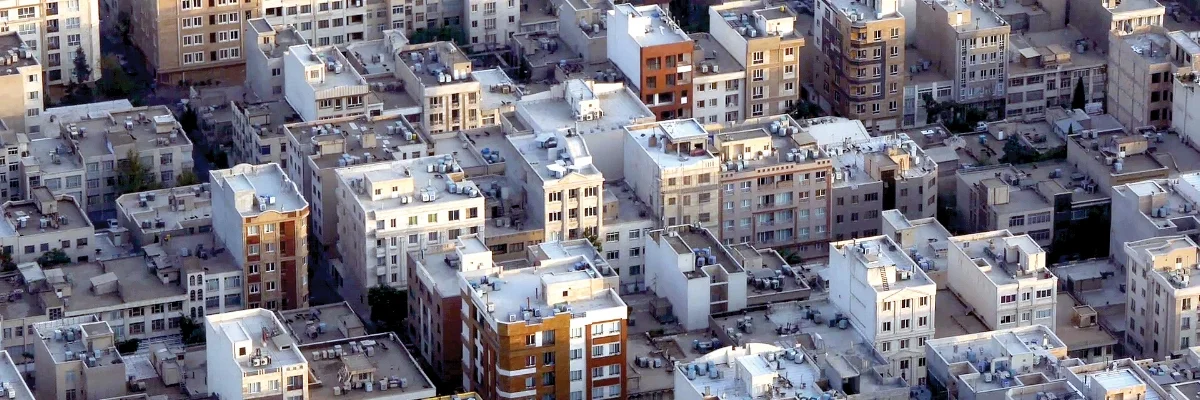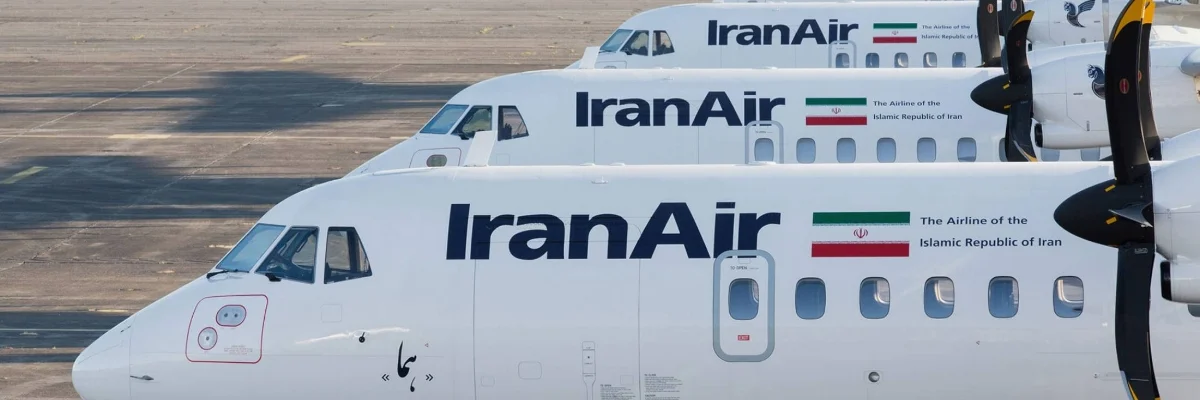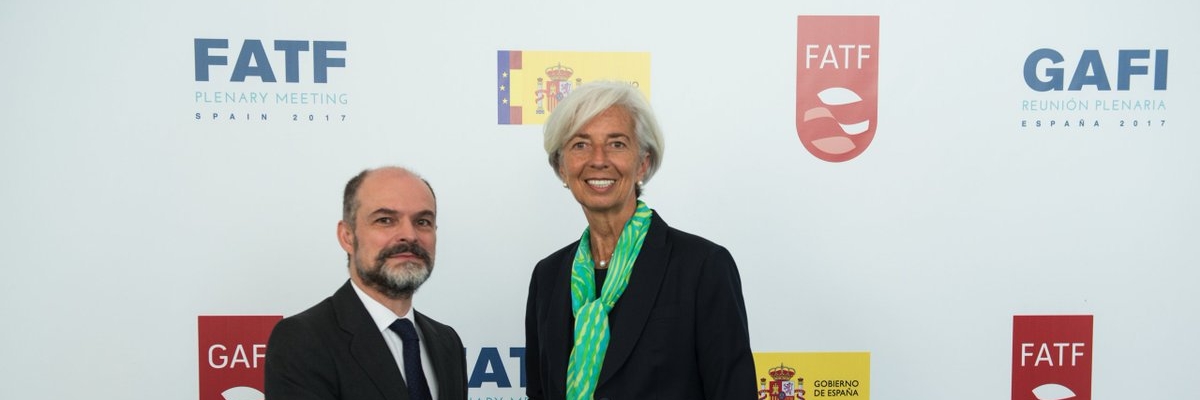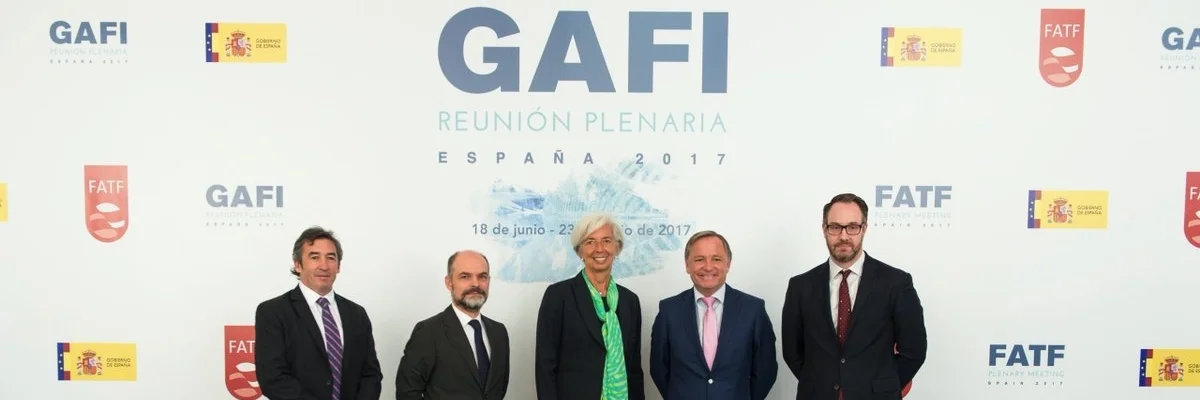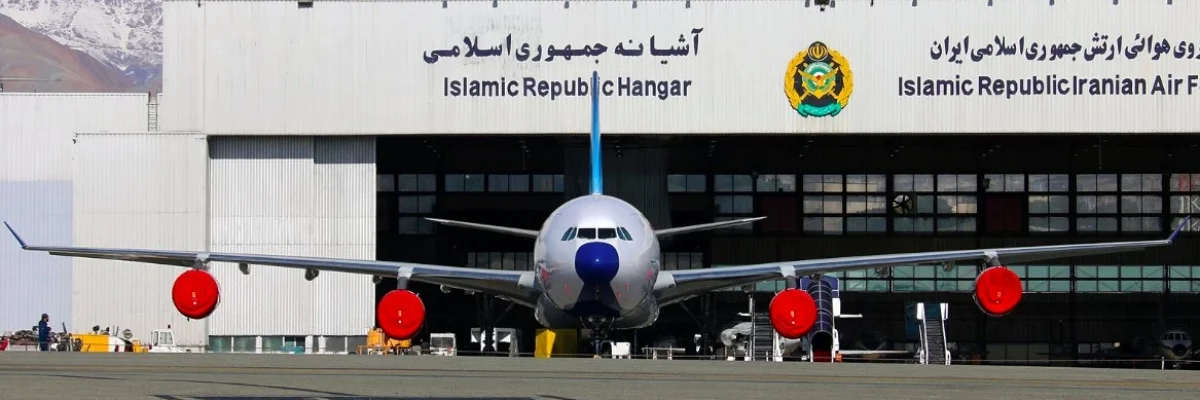◢ There is a growing sense that Iran has squandered its chance to join the ranks of the BRICs—Brazil, Russia, India, and China—which count as the great emerging markets of the world. As sanctions return, as the rial sheds value, and as protests become routine, Iran is increasingly portrayed as an economic basket case where state collapse is just around the corner. But comparing Iran’s macroeconomic performance with Brazil, another country that has contended with widespread protests and economic angst for over three years, paints a very different picture.
asdasdasdasdasdasdasdasdasdasd


